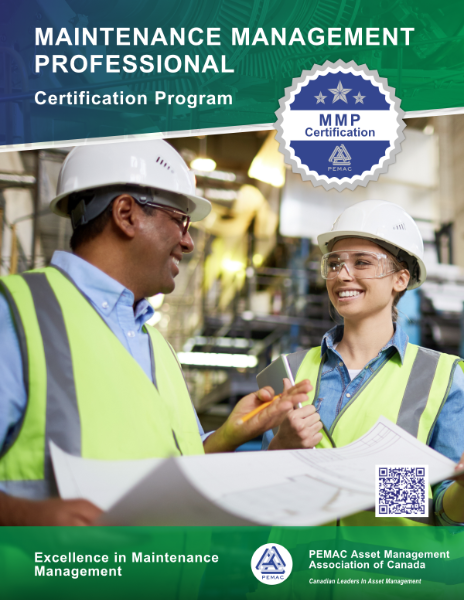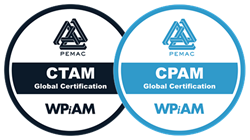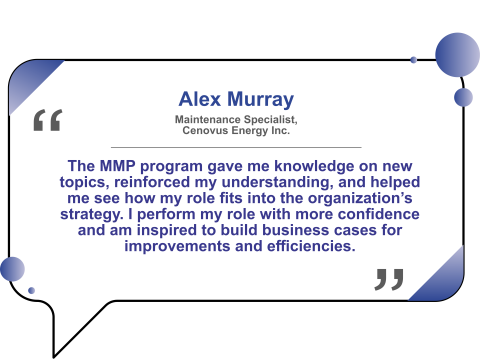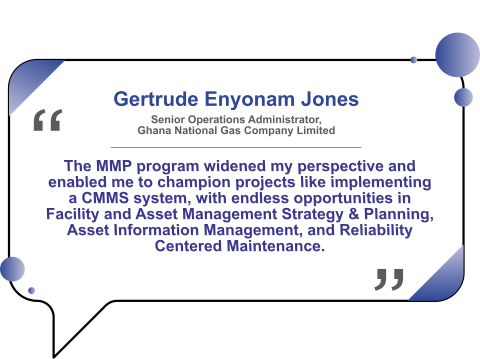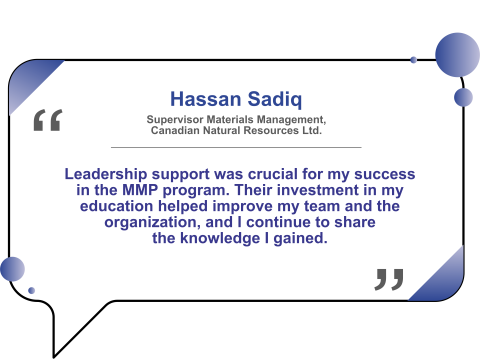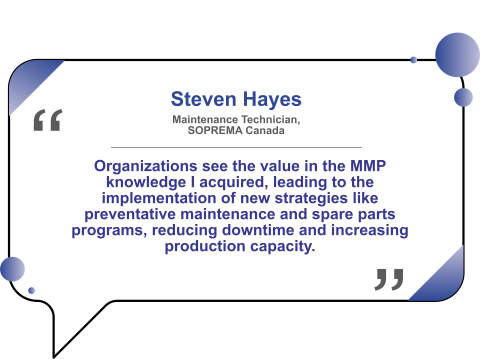Developed by PEMAC in 1990, the Maintenance Management Professional (MMP) certification program provides participants with knowledge and skills necessary for effective management of an organization's existing physical assets. The program is designed for a variety of roles, including maintenance and reliability managers, superintendents, coordinators, planners and schedulers working in public and private sector organizations, responsible for operations and/or maintenance of complex or critical physical assets.
Content in the eight modules delivers practical strategies, techniques and tools to drive improvements in uptime, production capacity, equipment reliability, safety, environmental compliance, economic life of assets, return on investment and effective communication between departments.

